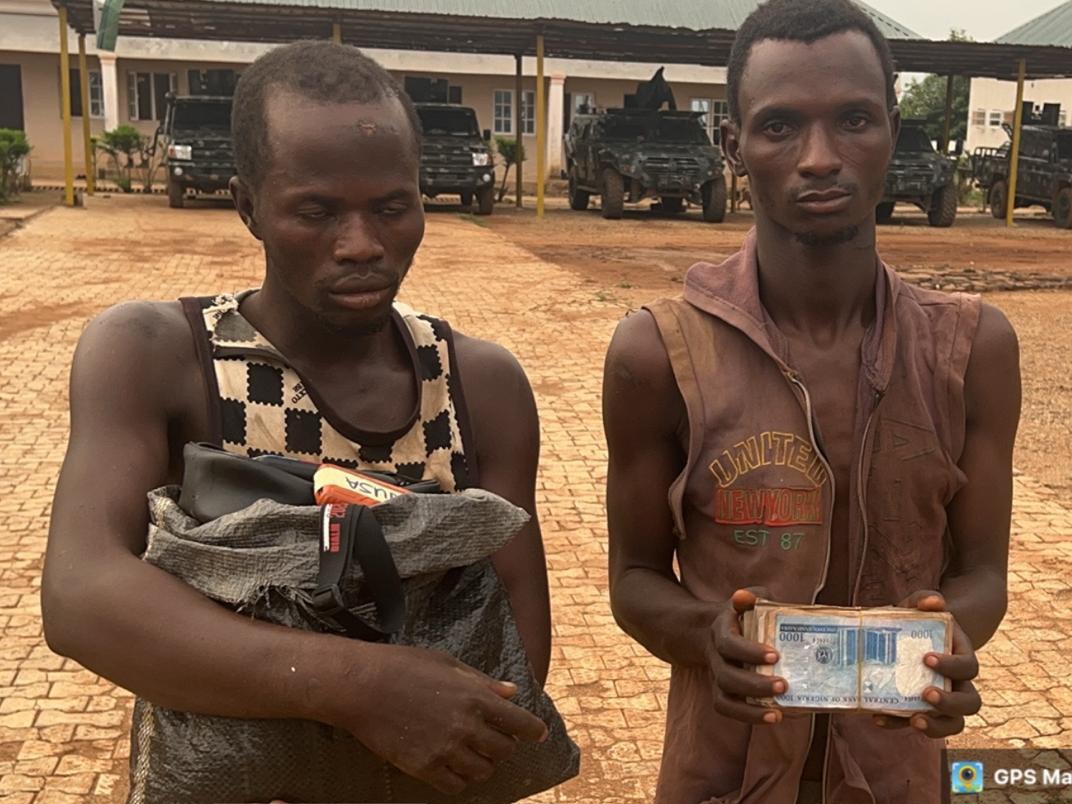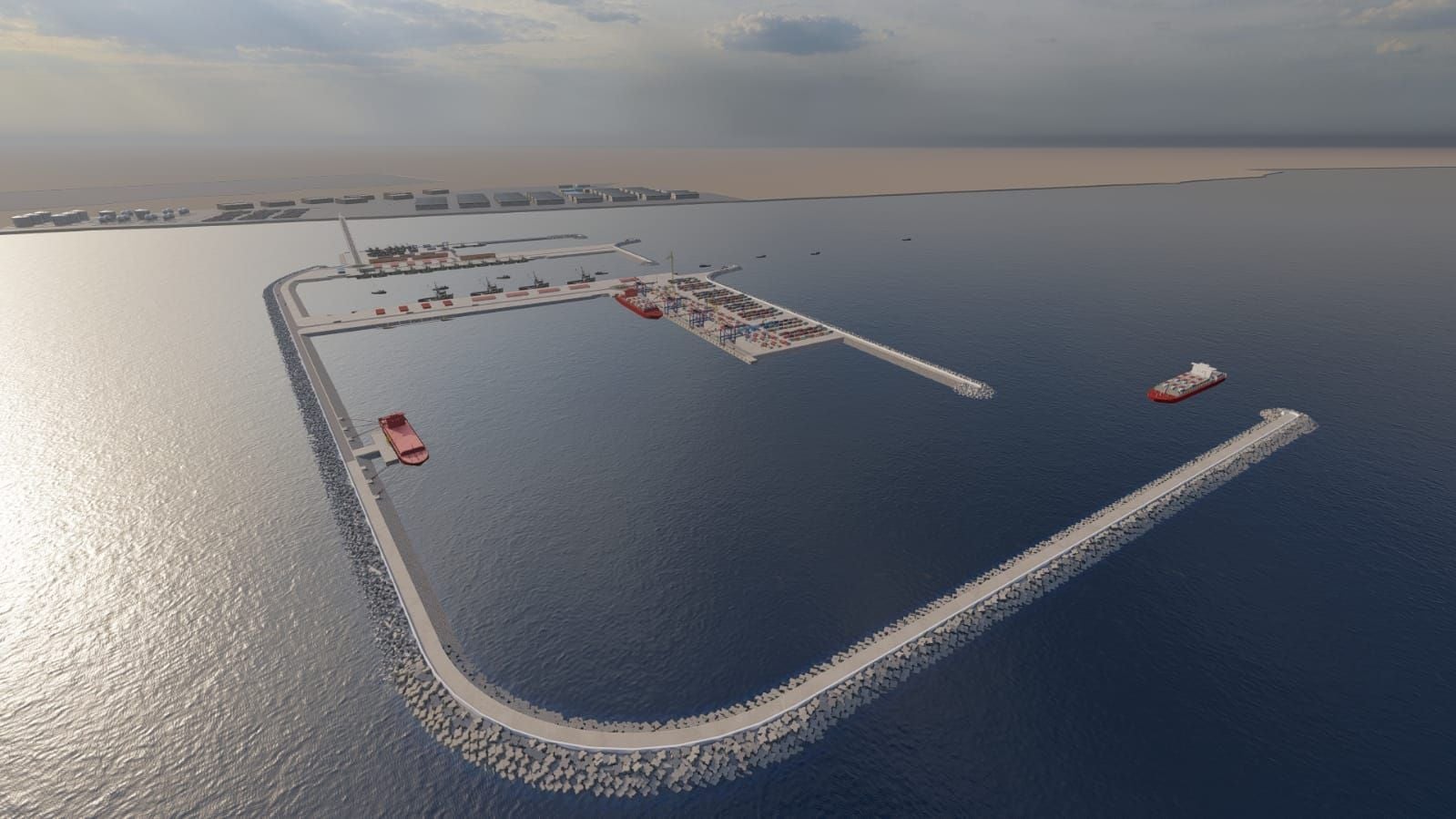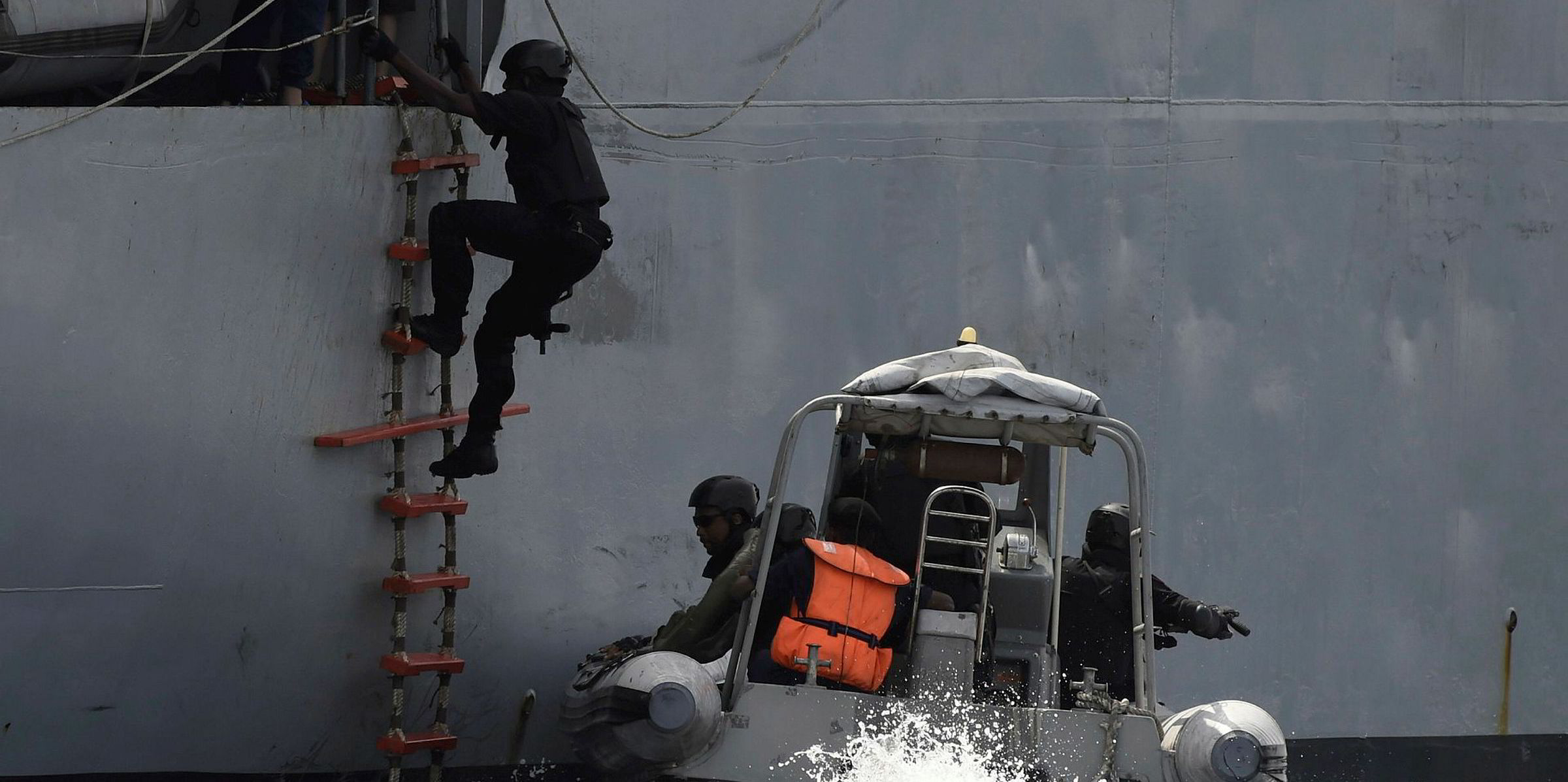For over 20 years, kidnappings for ransom have plagued the border regions where Chad, Cameroon and the Central African Republic meet, but the lack of an effective response from the Chadian state raises fears of a regional security crisis affecting its neighboring countries.
The kidnappings have become a scourge in southwest Chad, with over 1,500 victims in about 20 years, based on estimates from the Organization for Support of Development Initiatives (OAID). According to a report by Genocide Watch, tired of waiting for the authorities to come to their aid, people in Mayo-Kebbi Ouest region of south-west Chad, the epicenter of this phenomenon, are turning vigilante to fight back the gunmen who have turned kidnapping into a professional pastime. From farmers to merchants, civil servants to NGO workers, anyone with savings is a target. As residents are abandoning their lands to seek refuge in towns and villages, this leads to the impoverishment of the area, warns Timothée Fenessoubo, a lawyer and a member of a legal collective that assists kidnapping victims in the region.
Official data is hard to come by for this area but Chadian authorities say ransoms paid in the area amounted to 43 million Central African Francs (CFA) in 2022 and increased to 52.4 million CFA the following year. Experts and observers warn that this is yet another crisis brewing in this region that some have dubbed “the triangle of death”. Barka Tao, national coordinator of the Organization for Support of Development Initiatives (OAID) also points to the problem of corruption when “local state representatives fail to do their job and are sometimes complicit with the kidnappers.” To deal with the regional security crisis, experts also highlight the urgency of establishing cooperation agreements allowing cross-border pursuit rights or forming a multinational joint force, like the one fighting Boko Haram around Lake Chad.



